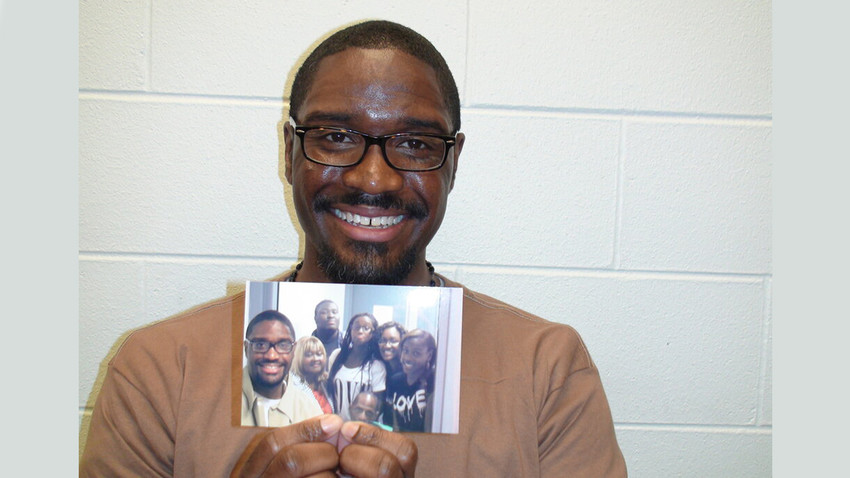Jamie Dimon, CEO of JPMorgan Chase, garnered a few headlines this week. His comments about the state of life and the economy in America caught my eye. In his annual shareholder letter on Wednesday (and no, I didn’t receive a copy), he not only prognosticated about the future but also offered a candid analysis of America right now.
“Dimon wrote that the Covid-19 pandemic, the 'horrific murder' of George Floyd, and the painfully slow economic growth of the past two decades are all symptoms of a broader problem: 'inept' public policy and broad government dysfunction” (www.cnn.com/2021/04/07/economy/economy-jamie-dimon-jpmorgan/index.html).
He goes on in his shareholder letter: “‘Unfortunately, the tragedies of this past year are only the tip of the iceberg — they merely expose enormous failures that have existed for decades and have been deeply damaging to America,’ . . . adding that the nation was ‘totally unprepared’ for the deadly pandemic” (ibid).
But all isn’t doom and gloom. “‘I have little doubt that with excess savings, new stimulus savings, huge deficit spending, more QE [quantitative easing—i.e., printing more money], a new potential infrastructure bill, a successful vaccine and euphoria around the end of the pandemic, the U.S. economy will likely boom,’ Dimon said. 'This boom could easily run into 2023 because all the spending could extend well into 2023’” (www.cnbc.com/2021/04/07/jamie-dimon-says-economic-boom-fueled-by-deficit-spending-vaccines-could-easily-run-into-2023.html).
But who cares what Jamie Dimon thinks? Fair enough. Though before we dismiss him too quickly, we should consider what this influential financial leader is suggesting.
America’s in trouble. The fractious events of the past year—racial, economic, political, medical—a hint of uneasy uncertainty ahead. And while there may be a euphoria-fed boom in the immediate future, existing ineptitude of public policy and governmental dysfunction, as he put it, may be ominous harbingers of what this country faces.
Was Jesus suggesting the same? “‘For in the days before the flood, people were eating and drinking, marrying and giving in marriage, up to the day Noah entered the ark; and they knew nothing about what would happen until the flood came and took them all away. That is how it will be at the coming of the Son of Man’” (Matthew 24:38-39).
I.e., life was carrying on, with its usual hiccups and small crises, as it always does—people eating (no sin there), drinking (no sin there), marrying (no sin there), and giving in marriage (no sin there). All of this, plain and simple, as per usual. Were there systemic fractures and fault lines evident in the day? Of course (just read the first seven verses of Genesis 6). But instead Jesus skips over Genesis 6 and focuses on the laissez faire attitude of the antediluvians.
And therein lay their fatal error. Life was unraveling around them, but they just kept living it as if everything was going to be OK. This means Jamie Dimon’s prediction of a euphoric boom in our economy’s near future must not overshadow his warning of systemic fault lines in our society and government. Hungry for good news though this pandemic-embattled society is, we must not be willfully blind to the bad news that social and economic fissures are still widening. And so are the moral and spiritual fractures that threaten the soul of this civilization.
“‘And they knew nothing about what would happen until the flood came and took them all away. That is how it will be at the coming of the Son of Man’” (Matthew 24:38-39).
Describing our own generation, The Great Controversy warns: “The end will come more quickly than [people] expect” (631).
But then what did you expect? A recovery from the pandemic that ushers in a new millennium? Hardly! Even Jamie Dimon knows better. And given the times we now inhabit, we must know better, too.









